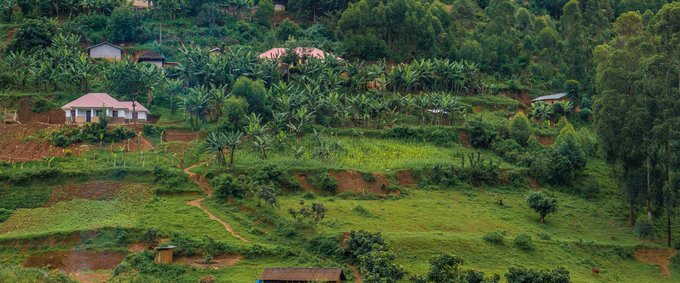
Localising aid: why aren't we there yet?
Description
Localisation promises more equitable and accountable ways of working from providers of development finance. It is not a new ambition for donors to provide greater resource, agency and space to actors on the frontlines of development challenges. Nevertheless, post-COVID, localisation has increasingly captured the imagination of a sector striving to show its relevancy, cost-effectiveness, sustainable impact and commitment to equity. It is now a hot button agenda for public, private and non-profit actors, with a vibrant community of practice among INGOs and philanthropies, a formal statement supporting locally-led development signed by over 15 donors, a commitment to make climate adaptation efforts locally-led adaptation, and a DAC peer learning exercise to uncover best practices for promoting locally-led development.
Yet, despite the buzz, localisation is proving challenging to implement for even its most ardent supporters. What will it take from donor institutions for localisation to become a reality? What is holding them back and can barriers be overcome? Is there greater scope for peer learning across different kinds of development funders? The webinar will explore recent research on internal blockages and ask about prospects for their removal so that localisation aspirations can be fulfilled.
This will be the second instalment in ODI's "Donors in a post-aid world" webinar series, which aims to foster dialogue based on multi-faceted evidence and inform pathways for the transformation of the Northern funder ecosystem. Catch up with a recording of the first instalment in the series, The unintended consequences of aid: should donors avoid, accept or act on them?
Speakers
-
-
-
-
Moses Isooba
Executive Director, Uganda National NGO Forum
-
Rose Pinnington
Lead author of ODI Report, “Why aren't we there yet? Understanding and addressing barriers to localisation in climate adaptation”
-
Julia Rao
Munk School of Global Affairs, University of Toronto. Author of Global Affairs Canada commissioned study "Canadian International Development Organizations’ Engagement with Localization"
-
Orla Kelly
Development Cooperation Division, Irish Department for Foreign Affairs (Irish Aid)
